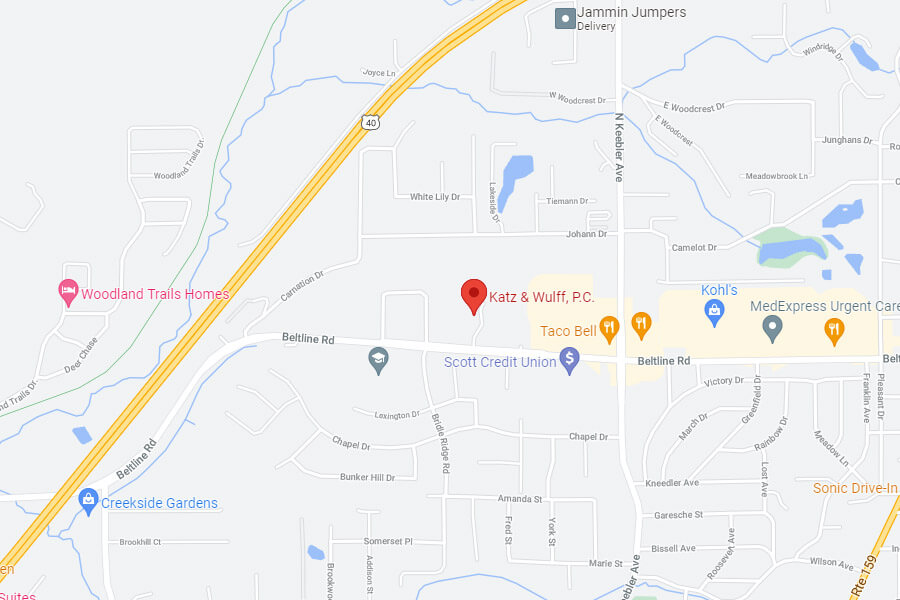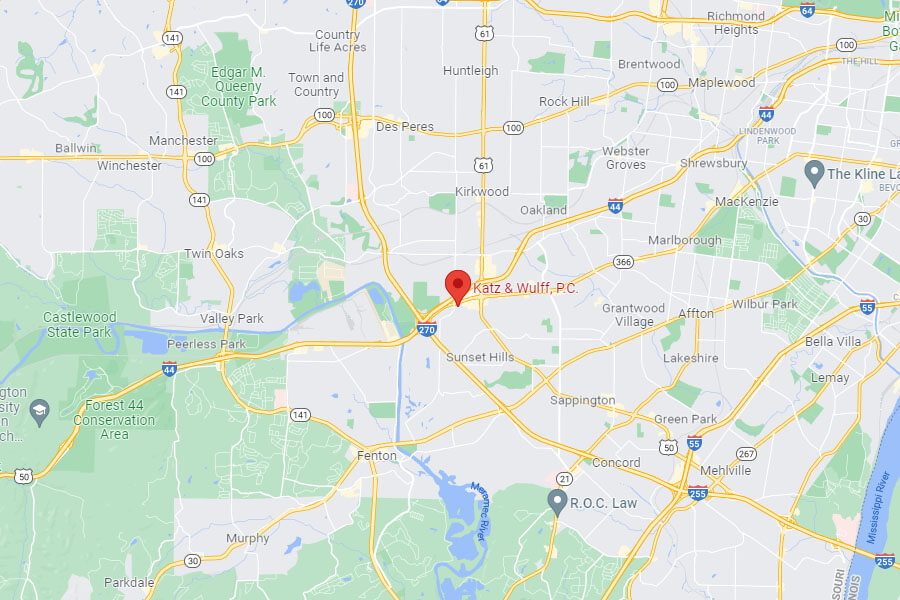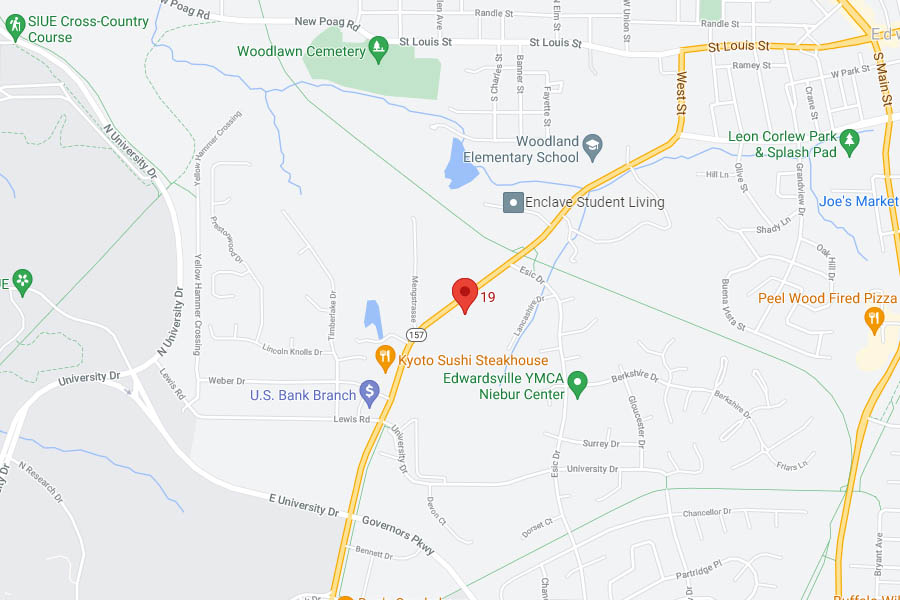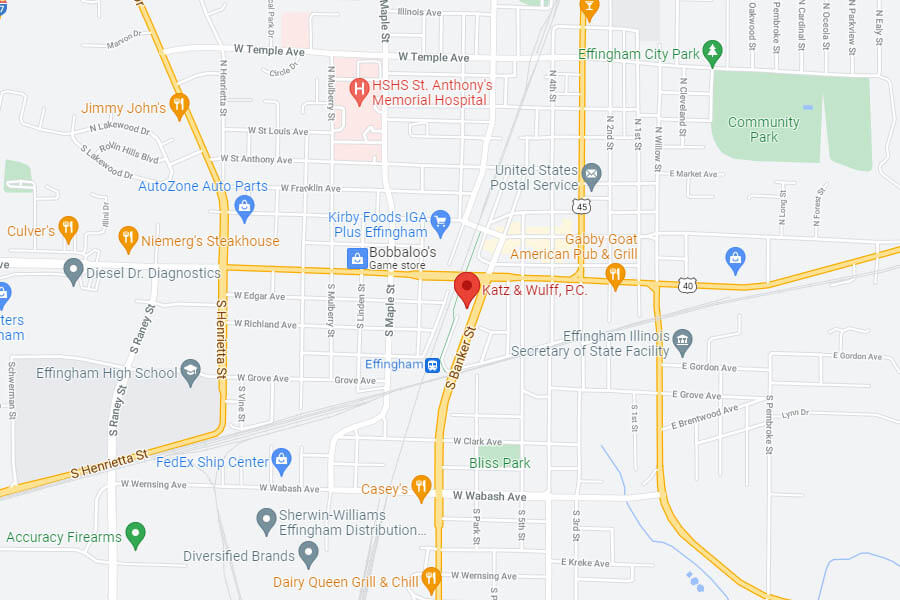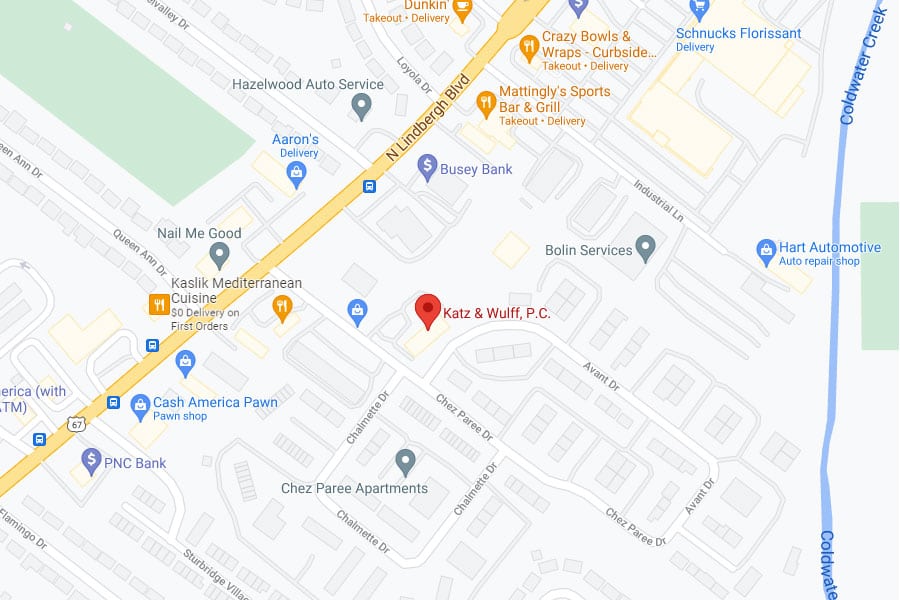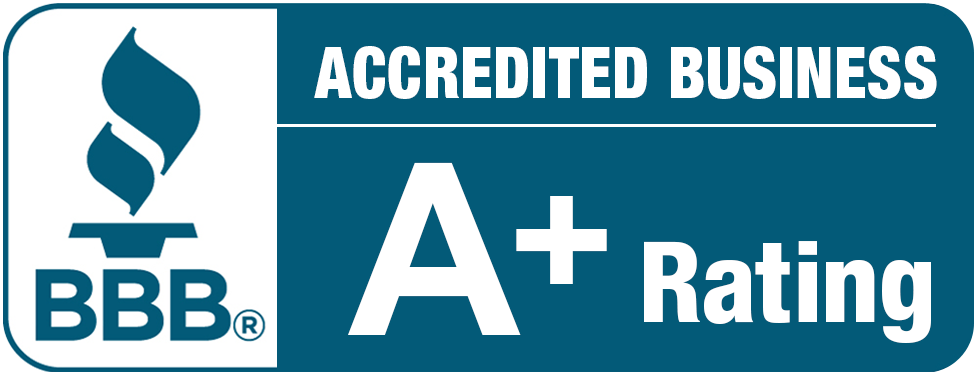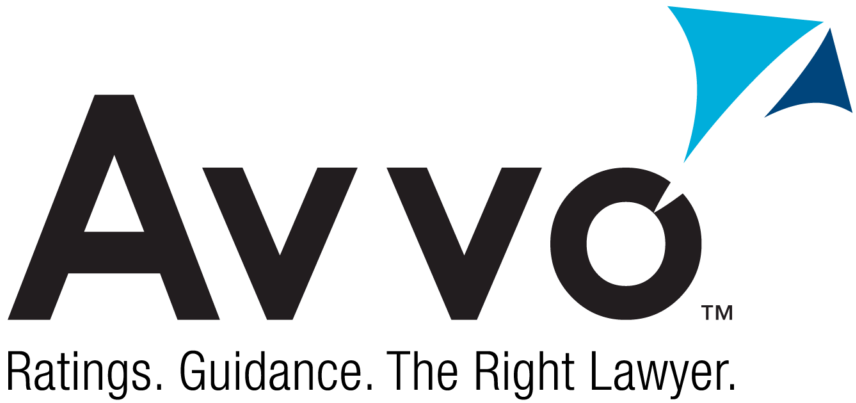
Our law practice is concentrated in consumer bankruptcy.
That said, we want you to know that when you come in to our office to inquire about your bankruptcy options, we will not only discuss bankruptcy. The purpose of our first meeting will be to discuss all of your options to help you decide what option is right for you. We will discuss direct work-outs with creditors, the various types of debt management plans and changes in your financial planning that may allow you to avoid bankruptcy altogether.
Although the great majority of our clients do file for bankruptcy relief, it is important for you to know that our job is not to sell you a service that you do not need, but rather to provide you with a full array of options so that you may make a fully informed and intelligent decision about your financial future.
Because it is important to discuss all of your options we recommend that you meet with us before beginning a debt management plan, dipping into your retirement savings, selling property, or taking any other action that you might later regret. We never charge a fee for consultations. There is absolutely no downside to talking to us before pursuing other options for dealing with your debt.
Chapter 7 Bankruptcy
Often when considering Chapter 7 Bankruptcy, people are afraid that filing will involve a confrontation with creditors, being ridiculed or having property loaded onto a truck and hauled away. This frightful image is about as far from the truth as it could be.
Limits
The goal in any bankruptcy, whether it is filed under Chapter 7 or Chapter 13, is to receive a “discharge”. A discharge is a court order releasing you of your obligation to pay most or all of your debts. The discharge will normally include bills such as credit cards, medical bills, utility arrearages, and other similar debts.
There are limits, however, to what a Chapter 7 bankruptcy can do. For instance, a Chapter 7 bankruptcy WILL NOT:
- Permanently stop foreclosure on your house or mobile home. (A Chapter 7 will, however, allow you to surrender the property voluntarily without further obligation.)
- Keep your car and other property or force the return of repossessed property. (You may be able to “reaffirm” debts in Chapter 7 which would allow you to keep these items. However, if you are behind in payments on any of these items “reaffirmation” is probably not an option and creditors will be entitled to repossess or keep this property.)
How It Works
We will file your petition with the court, together with schedules, statements and exhibits that show, among other things, what you own and what you owe.
The bankruptcy court will assign a trustee to your case, and will send notice to all of your creditors telling them that you filed bankruptcy, where you filed, what kind of case you filed and the date, time and place of something called a “Meeting of Creditors”. The Meeting of Creditors is usually held about six weeks after the bankruptcy petition is filed.
You must go to the Meeting of Creditors, at which time the trustee will review your petition and ask you questions to make sure that the papers you filed truthfully, correctly and fully explain in detail your financial situation. You will have your attorney there with you to explain the process and answer any questions you may have. Creditors may also go to this meeting to ask questions of you, but very few of them choose to do so.
If you choose to surrender collateral to a creditor, such as a car or house, the creditor will usually contact you to arrange for its return. If you choose to keep collateral and continue to pay for it, you will sign a “reaffirmation agreement” – an agreement with the creditor that has the effect of waiving the discharge as to that creditor. You will then be allowed to keep the collateral by continuing to make payments on the original debt.
About three months after filing the Chapter 7 bankruptcy petition, if no creditors object to the discharge (a very rare occurrence which usually takes place only in instances of fraud), the Court issues an order discharging, or cancelling your debts.
What Our Clients Say

Karl Wulff is great at what he does. He was always there if I had questions or concerns. Obviously, bankruptcy is a big deal and extremely stressful. He streamlined the process and made it extremely easy and was always there. Highly recommend if you're thinking about doing it. Karl if you are reading this, Thanks!

Everything was explained in detail. I had a check list of exactly what I needed and when it was due. This was a stress free experience for me. I will absolutely recommend to anyone in need!

This is an extraordinary team and I would definitely recommend this office and Mr. Wolff to everyone who’s is looking for this service. They are patient and willing to work with you through your process. They are also very knowledgeable and try to make it as simple and possible for you. You guys were awesome!!

Karl and his staff are amazing! They made the process so smooth for me. Karl and his staff always kept in touch with what was needed and what the next process would be. They are very professional. I would recommend Karl to anyone in need of his service. Awesome group, keep up the great work!!
How It Works
We will file your petition with the court. Like Chapter 7, the petition will include schedules, statements and exhibits which explain your financial situation. Included in these schedules is a household budget showing how much disposable (left over) income you have available to pay your creditors. It will also contain a plan for repaying each type of creditor owed (taxes, car loans, mortgages, unsecured debts like credit cards and medical bills, child support, etc.).
A trustee will be assigned to administer your case. Creditors will receive notice along with a “Proof of Claim” form to fill out and return to the court so that they can be paid through your plan. The notice will list the date, time and place of the Meeting of Creditors, which usually takes place about six weeks after the bankruptcy petition is filed.
At the Meeting of Creditors the Chapter 13 trustee will review your petition and ask you any questions necessary to ensure that they are accurate and complete. Your lawyer will be with you to explain the process and answer any questions you may have. Creditors may also attend this meeting to ask questions of you, but very few do since they usually already know what they need to know.
Making your Chapter 13 payments has never been easier since our firm has partnered with TFS Bill Pay. If your Chapter 13 case is filed in either the Southern District of Illinois or the Eastern District of Missouri, we will help you put your payments on autopilot, all while giving you 100% control, 24/7 through TFS Bill Pay’s web portal for Chapter 13 Trustee payments.
After the last plan payment has been made to the Trustee, the Court will issue an order discharging all remaining unsecured debts included in the bankruptcy, just like in Chapter 7.
Chapter 13 Bankruptcy
Also known as a “wage earner plan,” allows you to keep property by proposing a plan to pay certain creditors part or all of what is owed.
Benefits of Chapter 13
Unlike a Chapter 7 Bankruptcy, a Chapter 13 Debt Reorganization can help:
- Stop foreclosures on your house or mobile home and give you time to catch up payments.
- Help you to keep your car and other property, or force the return of repossessed property. Additionally, Chapter 13 often allows you to keep your property for less money than you would be able to in a Chapter 7 or outside of bankruptcy.
How we are different from other bankruptcy attorneys
Unfortunately, we have noticed lately that some bankruptcy firms recommend Chapter 13 when a shorter, easier and far less expensive Chapter 7 case would suffice. If you have talked to another lawyer who immediately recommended Chapter 13 without even discussing Chapter 7, TALK TO US BEFORE YOU FILE. We will not put you into a Chapter 13 that is not necessary or desirable just to collect fees. If you are already in a Chapter 13 case after having had a similar experience, TALK TO US. We might be able to convert your case to Chapter 7 and accomplish everything you want to WITHOUT HAVING TO MAKE CHAPTER 13 PAYMENTS.


Debt Settlement
Debt settlement is the process of negotiating with creditors to reduce your overall debt in exchange for a lump sum payment. A successful “settlement” occurs when the creditor agrees to forgive a percentage of total account balance. Usually only credit card debt can be “settled”. “Secured debts” (such as debts secured by liens against property such as real estate or motor vehicles) can NOT be settled. Additionally, unsecured debts such as medical bills and student loans can NOT be settled.
Negotiating with a collection agency or junk debt buyer (also called a “factoring company”) is similar to negotiating with a credit card company or other original creditor. However, many collection agencies or factoring companies will agree to take less of the owed amount than the original creditor, because the junk debt buyer has purchased the debt for a fraction of the original balance. As a part of the settlement, the consumer can request that the “collection account” notation be removed from the credit report, which is generally not the case with the original creditor. Even if the removal of the collection account from the consumer credit report has been successfully achieved as a condition of settlement during negotiations, the negative marks from the original credit card company will still remain.
Problems With Debt Settlement
In the debt settlement process your accounts remain in default. You can still be sued by creditors seeking to recover debts that are being “settled” under a debt settlement program. While the debts are still in default the creditor or its assignee can still file a lawsuit against you.
With bankruptcy, creditors have to stop collections efforts as soon as you file. That’s not the case with debt settlement. Even if you inform your creditors of your efforts to settle, they won’t stop trying to collect. Credit card accounts typically go into collection after they are charged off, typically 180 days after the last payment on the account. The debt settlement companies may not handle calls from the credit card companies, nor the collection agencies.
Worst-case scenario: Your creditors could sue you for the amounts you owe. Should that occur the only way to avoid a black mark on your credit record would be to pay off the debt in full.
According to a recent survey by InsideARM, a website serving the debt collection industry, only 5 percent of credit card issuers indicated that they work with debt settlement companies. (InsideARM Debt Settlement Survey – How Creditors and Collectors Utilize the Debt Settlement Industry to Increase Collections, October, 2011)
In order to work with a debt settlement company, you need a lump sum of cash (best scenario), or you need to build up enough funds over a pre-determined period of time. If you have no cash to make a lump sum settlement offer, debt settlement companies set up a third party “trust” account where funds accumulate for the settlement process. Once enough funds are built up the negotiation process can begin with each creditor individually.
Some companies charge a percentage of the total debt – typically 15% or 18% – that is paid before you start accumulating savings to settle your debts. Others charge a percentage of the debt savings – usually 25% – once you settle, plus an initial sign-up fee and monthly service charges. Then there are those that charge a flat monthly fee throughout the length of the program. It is not unusual to find debt settlement companies charging more than $5,000.00 in fees in order to “settle” $30,000.00 in debt. That is $5,000.00 in fees charged in order to avoid (at best) 50% of your debt while a typical bankruptcy attorney may be able to eliminate ALL of your debt for a total fee of $1,350.00 or less.
Your credit reports will show evidence of debt settlements and the associated FICO scores will be lowered temporarily as a result, the same as if the debts had been discharged in bankruptcy.
The specific debts of the borrowers themselves affect the success of negotiations. Tax debts and domestic judgments remain unaffected by attempts at settlement. Student loans, even those not federally subsidized, have been granted special powers by recent legislation to attach bank accounts even without a court judgment without possibility of Chapter 7 bankruptcy protection. Also, some individual creditors, like Discover Card, for example, tend to have an aggressive resistance against negotiations.
If your debts are partially canceled outside the bankruptcy system you will need to report the canceled portion of the debt as taxable income. (IRS Publication Form 982) The IRS considers $600.00 or more of forgiven debt as taxable income. The forgiving creditor must provide the you with a 1099-C tax form. This form will list the amount of forgiven debt and interest in Box 2. Consider: If your tax rate is 15%, $5,000 of forgiven debt will carry a $750 tax liability. That’s a debt that the Internal Revenue Service won’t forgive and can NOT be discharged in a subsequent bankruptcy case.
Debt settlement companies generally take a percentage of the savings of the forgiven debt as the fee for their services. The drop-out rate of debt settlement programs is high because these programs generally last between 12-60 months and consumers who find themselves in these sorts of debt situations tend to have trouble sticking to a structured payment program for an extended period of time.
While there’s no independent research on the average success rate of debt-settlement programs, anecdotal evidence shows many consumers drop out before the company reaches a settlement with their creditors. As you talk to bankruptcy attorneys you’ll hear horror stories of clients who paid thousands of dollars to a company and they’re still in the exact same place. Many times people will even cash out their 401(k) or IRA retirement savings to pay off or settle their debts. This retirement savings is money that you would have been allowed to keep, regardless of the amount of your retirement savings, if you had instead filed for bankruptcy protection.
Though the laws regulating debt settlement companies vary greatly by state, it’s worth noting that 12 states prohibit for-profit debt management. Since debt-settlement companies are for-profit entities, they’re not allowed to practice in those states. Those states are Arizona, Georgia, Hawaii, Louisiana, Maine, Mississippi, New Jersey, New Mexico, New York, North Dakota, West Virginia and Wyoming.
Better Business Bureau
The BBB has adopted an automatic downgrading policy for all debt settlement companies. In a written statement, the Council of Better Business Bureaus stated, “Debt negotiation/settlement businesses are downgraded in the BBB rating system based on BBB concerns with the debt negotiation/settlement industry. The FTC held a workshop on debt negotiation/settlement [in the fall of 2009], and similar concerns were expressed as to how the industry operates and the likelihood that debt negotiation/settlement benefits a significant number of consumers.
Other Criticisms of Debt Settlement
In May 2009, the New York Attorney General issued subpoenas to fourteen “debt settlement” companies, looking for violations of New York law. On May 19, 2009, the New York Attorney General filed suit against two “debt settlement” firms and their affiliates, alleging violations related to fraudulent business practices and false advertising. A March 2010 CBS “Early Show” story on the debt settlement industry cast a harsh light on major debt settlement firm Credit Solutions of America’s business practices, and provided consumer advice for debt settlement counseling.

